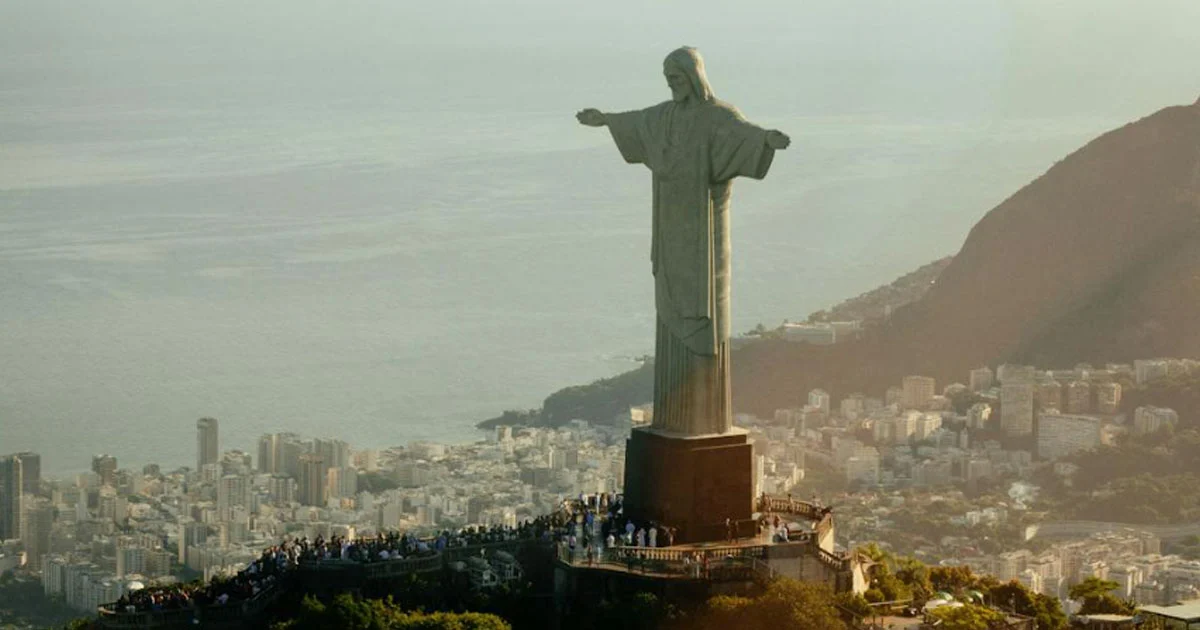Absolute record: Brazilian gambling market closes with 114 applications
The deadline for submitting gambling license applications in Brazil has passed. With a total of 114 companies that submitted their applications on time. The trial officially closed at midnight on August 20. Which concluded an important phase in Brazil’s regulated gambling market.
According to SiGMA News that published the list of applicants, the last day of August 20 was marked by a wave of submissions. Most applications came in just before the deadline.
Kaizen was the first applicant who submitted his application on May 26. Initially, 134 companies had expressed their interest. But in the end, 114 companies successfully completed their applications. This marks a major milestone in Brazil’s regulated gambling market.
Last hour of applications
Most applications were registered on the last day, August 20. As the clock approached midnight, there was an uptick in new applications. SiGMA News reported that BBET Solucoes was the 101st company to submit a license application at 11 p.m.
In the last hour, from 11:00 PM to midnight local time in Brazil, four more applications were submitted by G2 Negocios Digitais Ltda, Puskas Bet, Zetbet Ltda, Cash for Pay Ltda and AF Technologia e Solucoes Financeiras Ltda, the last applicant for the deadline at midnight.
Licenses still available
Registration in the Sistema de Gestão de Apostas (SiGAP) is mandatory for companies that want to operate on the regulated market. The Ministry of Finance guarantees that applications submitted before August 20 will receive a response by the end of the year. Approved companies can legally operate from January 1, 2025, when all regulatory requirements come into effect.
Companies that apply after August 20 can start trading without a federal license from January 2025, but will face fines as the approval process could take several months.
According to Brazilian newspaper Estadão, around 60 companies were initially expected to sign up before the process began. This number increased to 134 earlier this month. The drop from 134 to 114 is attributed to strict regulatory requirements, including a BRL 30 million ($5.5 million) subsidy, that many platforms may not be able to afford, preventing them from operating in the regulated market of Brazil.


